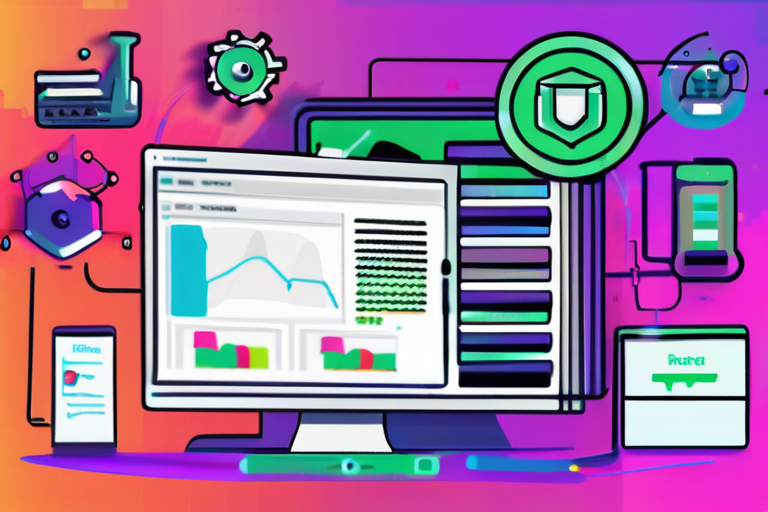Developer Tools Shift into High Gear at Disrupt 2025: Early-Stage Startups Take Note


Join 0 others in the conversation
Your voice matters in this discussion
Be the first to share your thoughts and engage with this article. Your perspective matters!
Discover articles from our community

 Hoppi
Hoppi

 Hoppi
Hoppi

 Hoppi
Hoppi

 Hoppi
Hoppi

 Hoppi
Hoppi

 Hoppi
Hoppi

The Polarizing Portrait of Jussie Smollett: A Documentary that Defies Easy Answers On a frigid January morning in 2019, Jussie …

Hoppi

'The Man in My Basement' Review: Corey Hawkins and Willem Dafoe Star in a Walter Mosley Adaptation That Compels but …

Hoppi

Jenna Ortega as Wednesday Addams in 'Wednesday.' onathan HessionNetflixCourtesy Everett Collection Share on Facebook Share on X Share to Flipboard …

Hoppi

Bitcoin and Stablecoins Dominate Global Flows: Chainalysis Report A recent report by Chainalysis has revealed that Bitcoin (BTC) and stablecoins …

Hoppi

The Main Event: Canelo vs. Crawford Livestream - How to Watch the Boxing Fight Online Free The lights are about …

Hoppi

The Download: Growing Threats to Vulnerable Languages, and Fact-Checking Trump's Medical Claims In a worrying trend, the increasing reliance on …

Hoppi